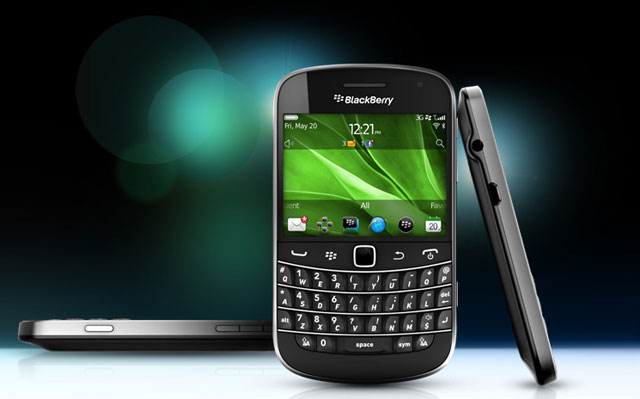
BlackBerry has filed a patent lawsuit (PDF) against Internet telephony firm Avaya. The dispute marks a turning point for Blackberry, which pushed into the Android market last year but has been struggling.
In making its case that Avaya should pay royalties, BlackBerry's focus is squarely on its rear-view mirror. The firm argues that it should be paid for its history of innovation going back nearly 20 years.
"BlackBerry revolutionized the mobile industry," the company's lawyers wrote in their complaint. "BlackBerry... has invented a broad array of new technologies that cover everything from enhanced security and cryptographic techniques, to mobile device user interfaces, to communication servers, and many other areas."
Out of a vast portfolio, BlackBerry claims Avaya infringes eight US Patents:
- Nos. 9,143,801 and 8,964,849, relating to "significance maps" for coding video data;
- No. 8,116,739, describing methods of displaying messages;
- No. 8,886,212, describing tracking location of mobile devices;
- No. 8,688,439, relating to speech decoding and compression;
- No. 7,440,561, describing integrating wireless phones into a PBX network;
- No. 8,554,218, describing call routing methods; and
- No. 7,372,961, a method of generating a cryptographic public key.
The patents have various original filing dates, ranging from 2011 back to 1998.
Accused products include Avaya's video conferencing systems, Avaya Communicator for iPad, a product that connects mobile users to IP Office systems, and various IP desk phones. The '961 cryptography patent is allegedly infringed by a whole series of products that "include OpenSSL and Open SSL elliptic curve cryptography," including the Avaya CMS and conferencing systems.
The BlackBerry complaint states that the company notified Avaya of its alleged infringement of those specific patents in a letter dated December 17, 2015.
BlackBerry, which is based in Waterloo, Ontario, filed the complaint in the Northern District of Texas, where Avaya does business and maintains a two-story office. To prosecute the suit, BlackBerry has hired Quinn Emanuel, an experienced California-based law firm that's no stranger to high-profile tech cases. The firm defended Samsung in the high-profile Apple v. Samsung case and has taken on various cases for Google.
The lawsuit was filed last week and first reported by the IAM Blog on Tuesday.
This won't be the first time a large networking company pays BlackBerry for its patents. A patent cross-license that BlackBerry executed last year involved Cisco paying a "license fee," although the amount was confidential. In May, BlackBerry CEO John Chen told investors on an earnings call that he was in "patent licensing mode," eager to monetize his company's 38,000 patents.
reader comments
107